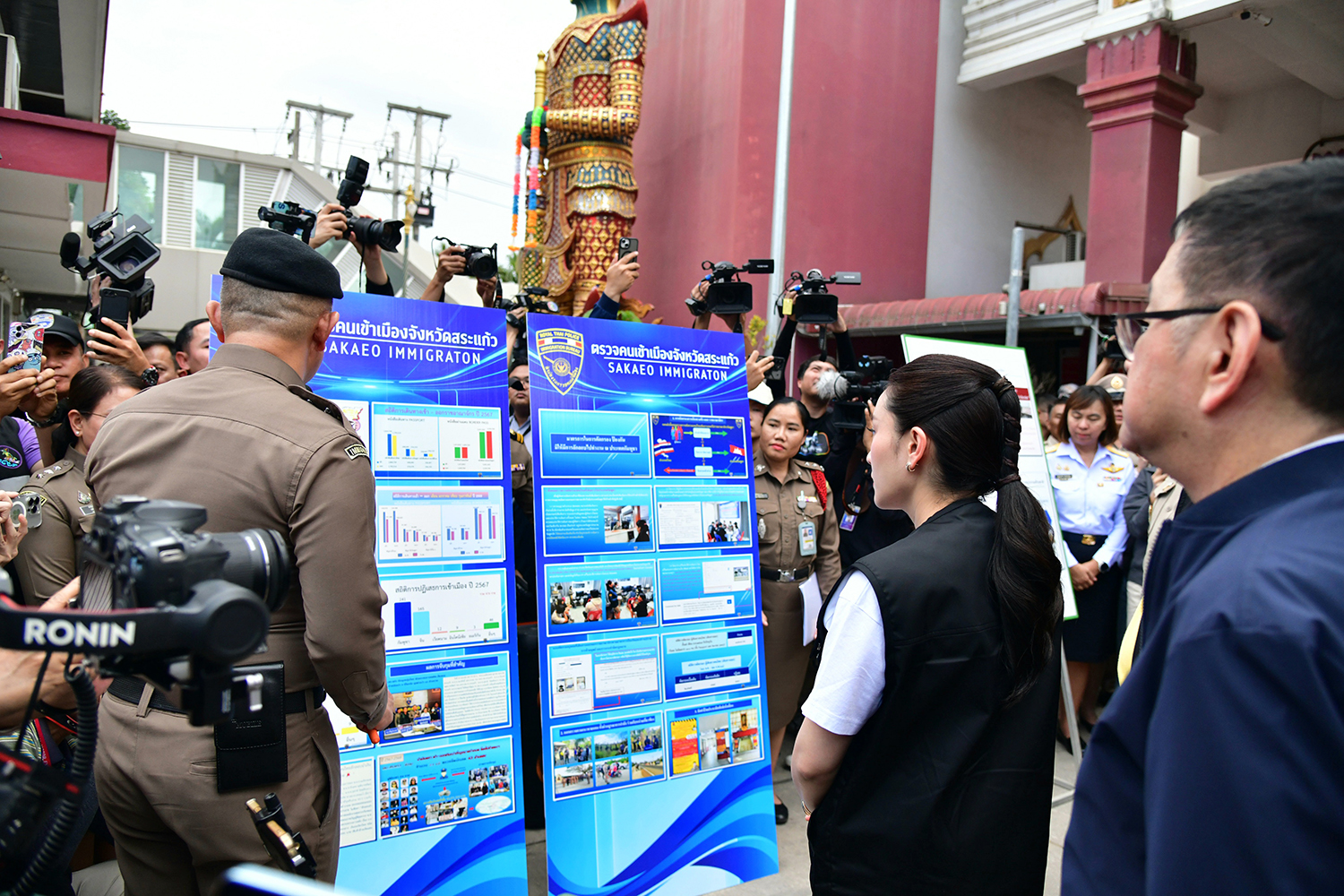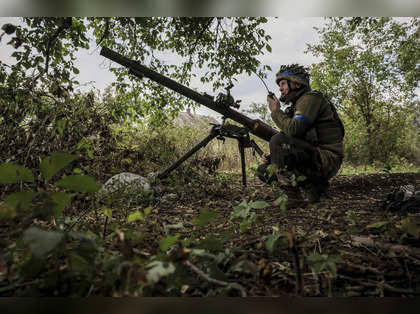Thailand is exploring the possibility of constructing a wall along a section of its border with Cambodia to curb illegal crossings, as announced by government officials on Monday. This initiative comes amid a growing international effort to dismantle extensive networks of fraudulent scam operations.
The crackdown is expanding against these scam centers, which have been linked to significant financial fraud originating from Southeast Asia. This is particularly concerning along Thailand’s vulnerable borders with Myanmar and Cambodia, where criminal organizations have trafficked hundreds of thousands of individuals in recent years, according to the United Nations.
Over the weekend, Thai authorities received 119 Thai citizens from Cambodian officials following a raid in Poipet that rescued more than 215 individuals from a scam facility.
“This is a study to assess how it would be implemented, what outcomes it would yield, and how it would address the issues at hand,” stated Thai government spokesperson Jirayu Houngsub regarding the wall proposal, though he did not provide details on its potential length.
A representative from the Cambodian government refrained from commenting on the wall initiative, and the foreign ministry’s spokesperson did not respond to inquiries.
The border between Thailand and Cambodia spans 817 kilometers (508 miles). Previously, the Thai defense ministry suggested constructing a wall to secure a 55-kilometer natural crossing between Thailand’s Sa Kaeo province and Poipet, which is currently only safeguarded by razor wire.
Telecom fraud operations have been prevalent in Southeast Asia for years, ensnaring victims from various countries, including those as distant as West Africa.
These centers have come under increased scrutiny following the January rescue of Chinese actor Wang Xing, who was lured to Thailand with a job offer before being kidnapped and taken to a scam center in Myanmar.
In Myawaddy, Myanmar, over 7,000 foreigners, primarily from China, are awaiting their chance to cross into Thailand, which is working with embassies to facilitate their repatriation.
See more: Russia Praises the ‘Meaningful’ Discussions Held with the United States in Istanbul.
Numerous foreign nationals who have been removed from the compounds are currently in a state of uncertainty, enduring poor living conditions in a militia camp in Myanmar, and are finding it difficult to arrange their return home, as reported by several detainees. Additionally, a prominent Thai legislator stated last week that the ongoing crackdown is inadequate, estimating that around 300,000 individuals have been working in the compounds located in Myawaddy alone.




